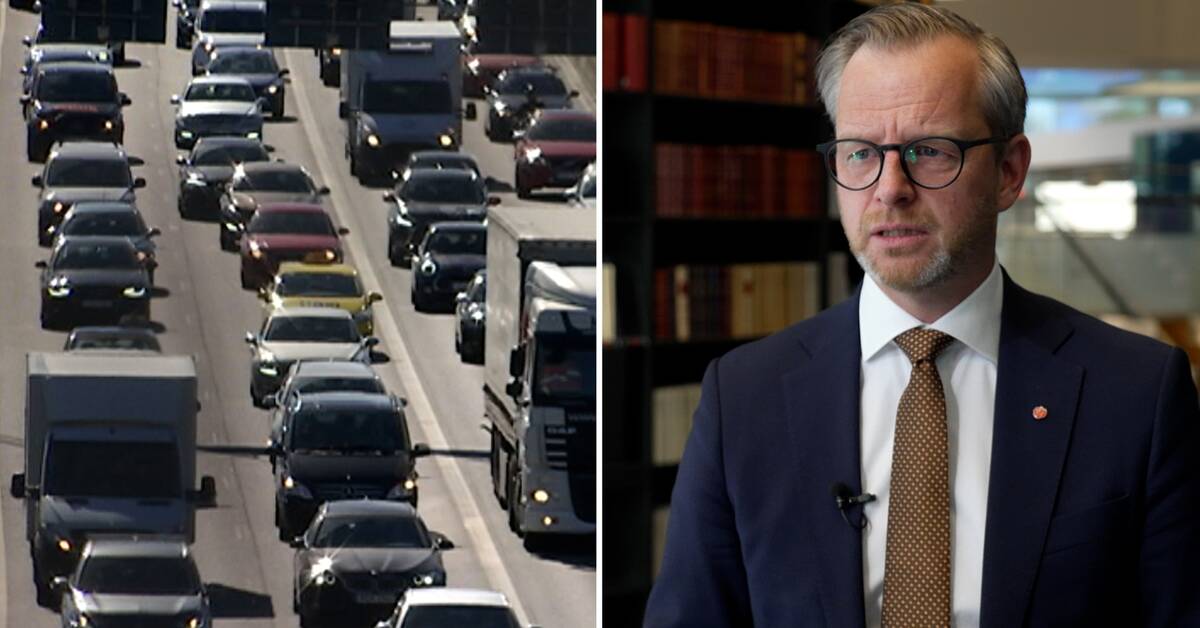The parliamentary parties most closely compete to compensate motorists for high prices.
The government wants to give a thousand kronor to every motorist - regardless of car and mileage - those who live in sparsely populated areas get a little more: 1,500 kronor.
In total, it costs 4.2 billion.
Both proposals provide money to car owners, and both create incentives for increased carbon dioxide emissions, according to the Swedish Environmental Protection Agency.
- We have an exceptional situation.
The price of petrol and diesel is still high so it does not have to mean that people drive more, says Minister of Finance Mikael Damberg (S) to SVT.
Damberg: "Do not have that number"
From 1 May, the tax on petrol and diesel was reduced by SEK 1.80, down to the EU minimum level.
The opposition, with a majority in the Riksdag, has forced the government to seek an exemption for even lower taxes from the EU, something the government will also do in the coming days.
At the same time, the government has paused the reduction obligation in 2023. In other words, the system that forces petrol companies to gradually mix more and more renewables into all petrol and diesel.
According to the government's own calculations, the decision will increase emissions of 880,000 tonnes of carbon dioxide next year - more than the entire domestic flight.
- It sounds a lot.
I have not seen that figure, I have to check it, says Mikael Damberg.
The criticism: makes it difficult for Sweden to achieve climate goals
The Swedish Environmental Protection Agency thinks both the government and the opposition's proposal makes it difficult for Sweden to achieve the climate goals.
- The proposals reduce the incentive to switch to fossil-free or buy an electric car.
Emission reductions are already too slow.
Now there are instruments that increase emissions instead of reducing them, says Martin Boije, environmental economist at the Swedish Environmental Protection Agency.
According to Mikael Damberg, the government will either reduce the tax further - if the EU agrees to it - or choose cash compensation, which the Law Council will now examine.
- We choose the measure that we can implement the fastest.
Our payments could be made in August, says Mikael Damberg.
Among other things, DN's leadership side has criticized several of the proposals to also benefit the oil industry and indirectly Putin's war fund.
Mikael Damberg believes that Sweden has relatively small imports of Russian oil, and thinks it is more important to compensate Swedish motorists.
- Russia has one of its large revenues from oil and gas, but I as Swedish Minister of Finance can not refrain from making efforts that enable people and households to cope with this situation, says Mikael Damberg.

